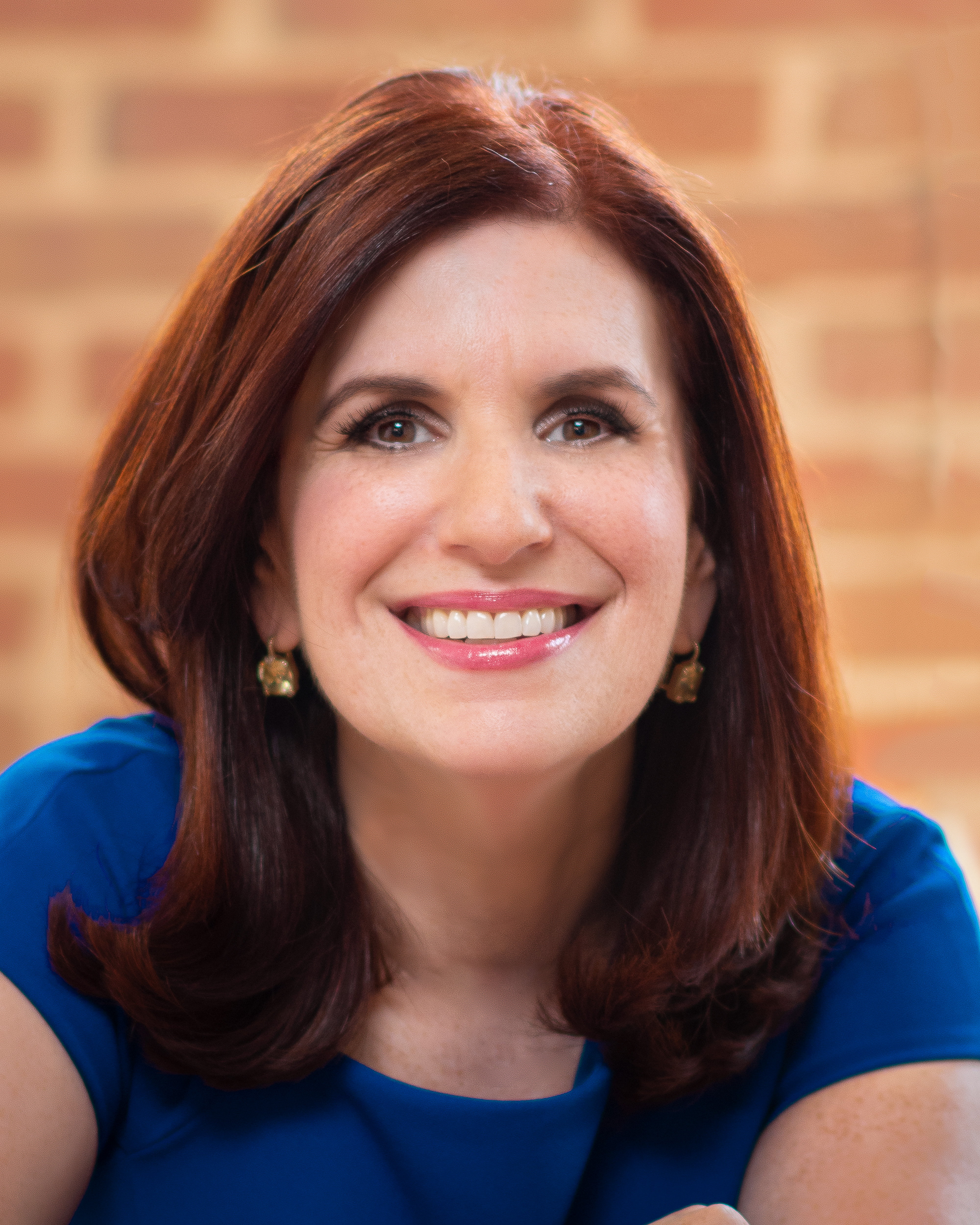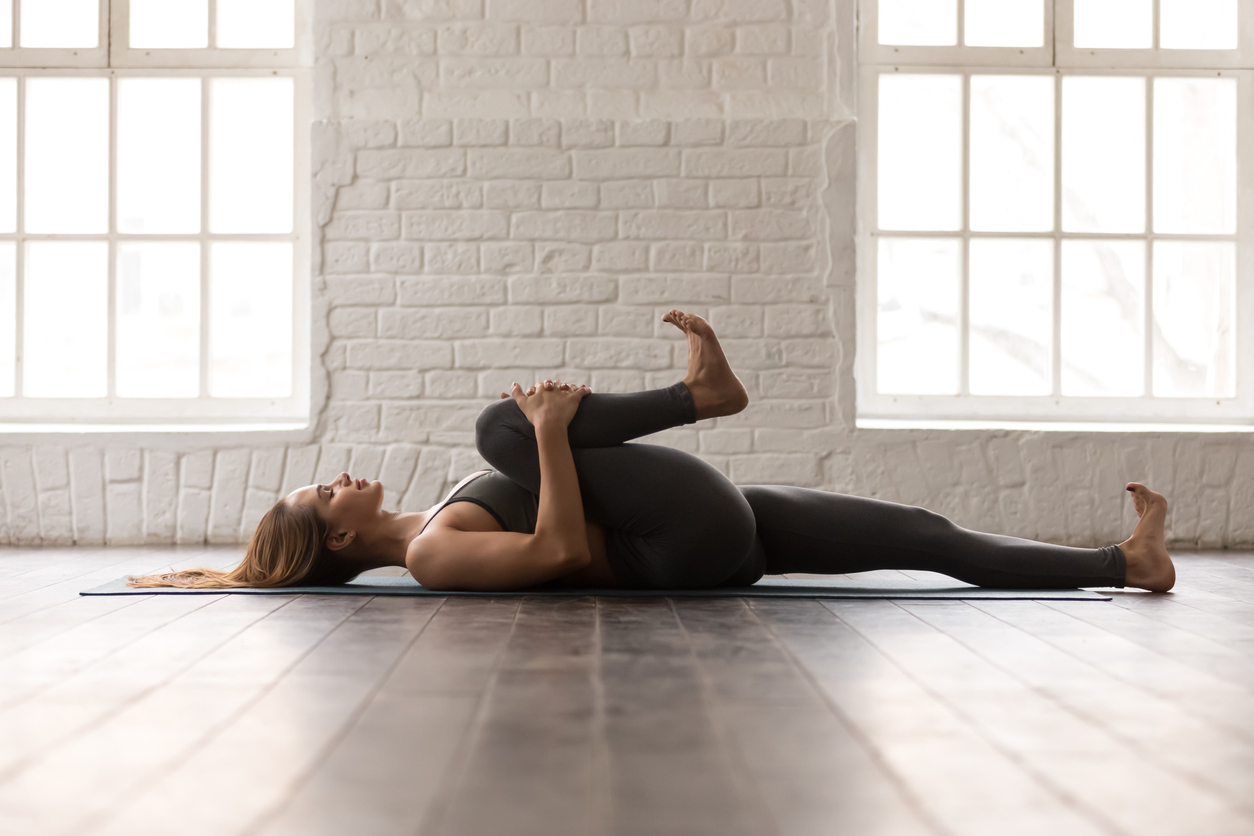Some people will follow their passions around the world. That’s what Suzanne Case did, when the global sports marketing expert moved to Sri Lanka in February 2020 with a dream to start a surfing and fitness retreat.
The British ex-pat had lived in Asia for years. She knew the island paradise was the perfect place to incorporate her love of the sea, outdoors, fitness and surf into a business. The timing felt right in her career to take a plunge. So Case found a place to live, started looking at land and properties and relocated to Sri Lanka on February 26, 2020 with the goal of making it her permanent home. Then two weeks later, the first local community-based case of COVID-19 was reported.
Within another week, all international airports, schools and parks were closed, work from home orders declared and island-wide curfews started to take effect. By acting quickly, the government limited the number of COVID-19 infections. But the island’s intensive lock-down meant that no one was allowed to leave their homes for food, exercise or any reason at all for three to seven days at a time. Even when the curfew was lifted, it was usually for between four to 15-hour intervals.
“I moved to Sri Lanka to start a new way of life, to regain an equilibrium, to pursue a dream and to make my quality of life better,” said Case. “A month after I arrived I find myself in a strange country, knowing few people and in total lockdown in a guesthouse thrown together with two virtual strangers – not knowing if I can stay in the country, where my next pay check is coming from and whether I can actually fulfil the reason I moved here.”
Today, uncertainty abounds. Like everyone, she has struggled at times. Case does not know if it is feasible to set up the surf and fitness retreat given the current economic upheaval or extend her current tourist visa. She was also in the process of launching a digital consultancy business, but the advent of COVID-19 put that to a halt before it even got off the ground. In a word, she felt stuck.
Her coping strategy has involved focusing on self-care. Previously, Case went to the gym daily for weight-based training and only felt satisfied with intense workouts that left her exhausted. She had already started adapting that approach to focus on a more balanced bodyweight program. Intently researching online instructors, classes and tools, Case created a structured, challenging exercise routine with that follows a progression pattern.
The lockdown has given her more time to focus on areas she had been neglecting, like mobility and stretching. Plus she is infusing more fun into workouts by trying new activities like online dance classes, which make her relax and smile. On non-lockdown days when allowed to leave her home, she follows a similar routine but allows more leeway in listening to what her well-being requires, whether it is taking walks, swimming in the sea or relaxing outside.
Self-care has also involved strengthening connections with key people. Each day, she checks in with a good friend in the U.K. who is also starting her own business. They hold each other accountable, openly discussing difficulties and fears while helping to motivate each other. She was really disappointed when her father and brother had to cancel a visit in mid-March. Close to both, it was harder to keep up when life was super busy. Now the three of them have video calls several times a week. Case also gets support and accountability from a virtual community of like-minded souls.
“I am a member of a rather fabulous online exercise group called ‘100 Days of Exercise’ made up of people I know and strangers who have now become virtual friends,” she noted. “We all commit to a daily post and some form of movement – be it a dog walk, cleaning the house, yoga or training for a triathlon – with a strong emphasis on self-care. This varied, compassionate, funny group has become a place of learning and a safe haven for support both around and outside of exercise. It has allowed me to experiment with different approaches to self-care and exercise in a lovely, caring environment where you know everyone is rooting for you.”
Case has learned a lot about herself during the lockdown. She has removed self-imposed guilt about not being in constant motion, learning how to take a step back while becoming more open about sharing her emotions. Before, it felt like the therapy she started ten years ago, motivated by a close family death, was a necessity. Now she views the counseling process as the biggest act of self-care she has ever undertaken and critical to helping her deal with isolation. Case has also gained a greater belief in her self-reliance. She plans to continue her new, more balanced approach to exercise and well-being even when the lockdowns end for good.
“Pre-COVID-19, I rarely gave myself the time and space to slow down and look at the importance of self-care,” explained Case. “Most of the time I operated at break-neck speed, feeling unsuccessful unless I was constantly doing something. But being constantly busy is exhausting, it doesn’t always produce the best outcome and doesn’t allow me to always take care of myself. Now I know self-care is vital to helping me actually achieve my dreams.”
How have you coped with isolation during the pandemic? Have you found any benefits in being forced to slow down and stay-at-home?


